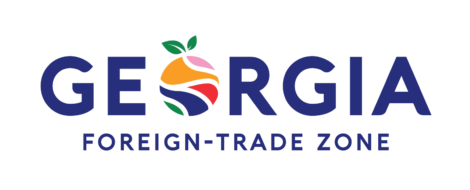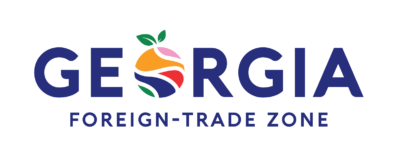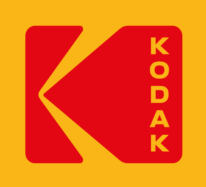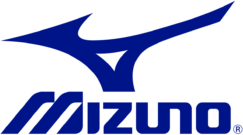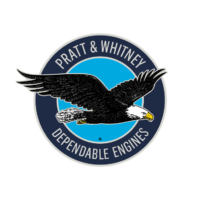Save Time.
Save Money.
Grow Your Business.
"*" indicates required fields
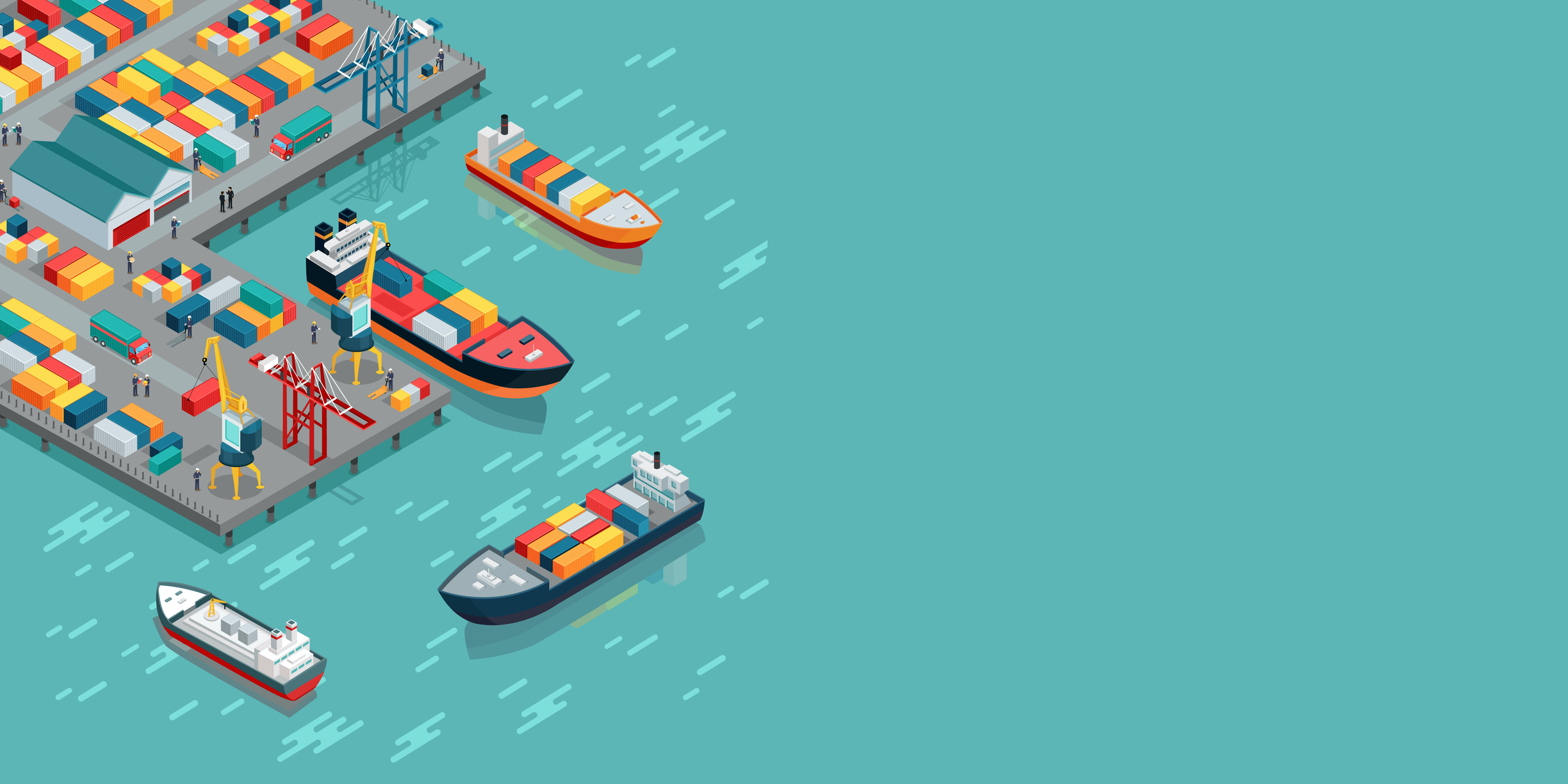
Georgia businesses have turned to us since 1977 for solutions and relief from high tariffs and fees that stifle profitability.
With our help, businesses in nearly every sector of the economy are unlocking opportunities to reduce, delay, or even eliminate tariffs and fees, cut down on paperwork, reduce overhead costs, and increase supply chain efficiencies.
More factories, warehouses, and distribution centers are participating in the FTZ program every year and increasing their ability to compete in the global marketplace.
Let’s work together to help your business thrive.
Frequently Asked Questions
The most frequently asked question about foreign-trade zones is where they’re located. And the answer is that they’re everywhere. In fact, if you’re anywhere in Georgia, you’re potentially in a foreign-trade zone.
Unlike free trade zones in other parts of the world, the U.S. does not require a business to relocate their operations to a specific area as a condition for accessing federal benefits.
Participating in the program confers a legal status onto the business conducted at a company’s place of operations – whether that’s a factory, warehouse, or distribution center.
That status is valuable. It puts that site outside the territory of the U.S. Customs and Border Protection (CBP) for the purposes of tariff laws and entry procedures. A wide-range of economic benefits and supply chain optimizations opens up, allowing companies to better compete in their industries.
A list of counties in which we are able to operate is listed here. If your company’s sites fall outside of our geographic service area, we can connect you with officials in charge of Georgia’s two other foreign-trade zones, based out of Savannah and Brunswick.
In short, participating in the program lowers the cost of doing business for companies that have a global supply chain.
Participating companies benefit from improved cash flow since tariffs are delayed until merchandise is released into commerce within the United States. If merchandise is used to create a more finished product, it may also be possible to significantly reduce or even fully eliminate the duties that would otherwise be assessed.
Here’s how: if the duty rate on imported merchandise used in the production of a finished product is higher than the duty rate of the finished product, the lower rate is applied. This helps level the playing field for U.S. manufacturers competing globally.
If merchandise is never released, or is exported to a foreign market even as part of a finished product, no duties or tariffs are assessed.
Companies can also take advantage of faster, more streamlined movement of merchandise and hard caps on processing fees. Many companies are eligible to take advantage of special procedures such as direct delivery and weekly entry that expedite the movement of cargo, thereby supporting just-in-time delivery. Merchandise Processing Fees (MPF) are reliably set at a lower cost than is oftentimes otherwise paid.
Georgia Foreign-Trade Zone and its trade experts are here to help guide companies through the application process. Gathering the information required to apply is simple and straightforward. After all, the FTZ program exists to increase efficiencies, not slow them down.
Once an application is complete, Georgia Foreign-Trade Zone will submit it on your behalf to the U.S. Foreign-Trade Zones Board in Washington, DC. The FTZ Board staff reviews and processes all applications, typically within six months.
If your application is approved , your company may begin using FTZ procedures at the factory, warehouse, or distribution center after “activation” is granted from U.S. Customs and Border Protection (CBP).
Duty rates are listed by product and country of origin in the U.S. Customs Harmonized Tariff Schedule available online here. Because product categories are very specific, a licensed customs broker should be contacted for assistance.
Ready to Build Your Competitive Edge?
"*" indicates required fields
